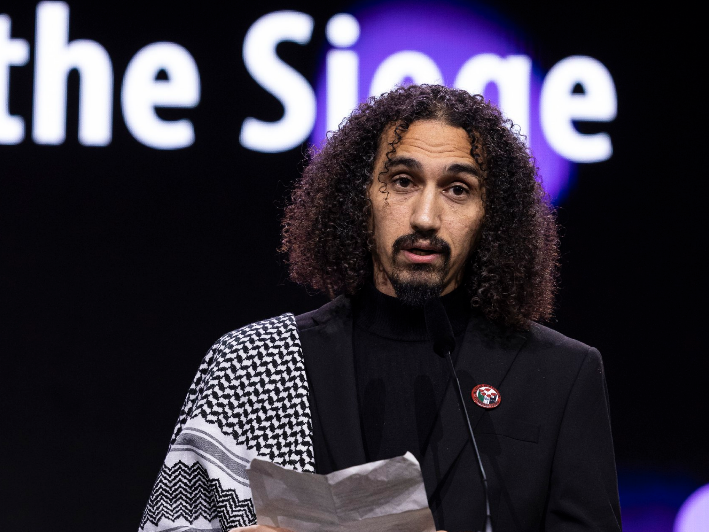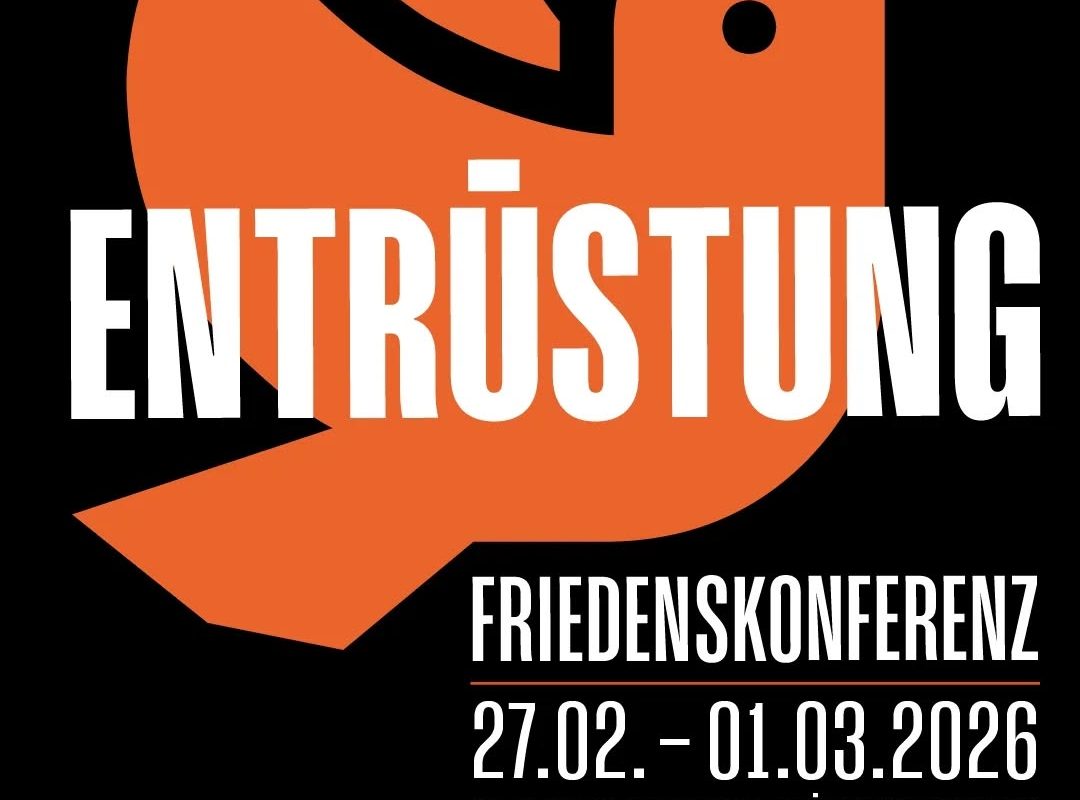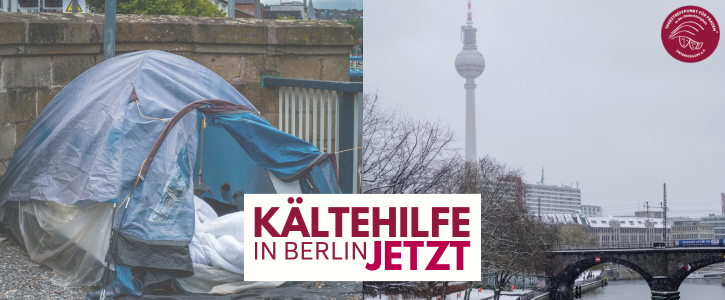NEWS FROM BERLIN
Berlin Anmeldung available online from mid-October
Newcomers to Berlin will be able to complete their Anmeldung (registration) online from mid-October 2024, receiving their documents by post. It means a Bürgeramt appointment will no longer be necessary. An Anmeldung within 14 days of arrival is mandatory for everyone who moves to a German city. The bureaucratic shortcoming creates a particularly large hurdle for newcomers since everyone in Germany needs to show their Anmeldung certificate for all kinds of administrative tasks, such as applying for a residence permit, opening a bank account or finding a job. However, even if the registration is about to become easier, finding an address in the German capital is still hard Source: iamexpat
Assassinated, just like that
On the afternoon of 11 July, a stranger stabbed William Chedjou in the stomach. In broad daylight and the middle of the street, at Gesundbrunnen in Wedding. Chedjou died of his injuries shortly afterwards. The police report of 12 July speaks of a “homicide.” What it doesn’t mention is that Chedjou was black and came from Cameroon. The alleged perpetrator is a German with a Turkish migration background. And the “dispute” was more of a sudden escalation. At least that’s what Cyrille Tasah Fotio, an eyewitness and victim of the attack, says. He and many other Cameroonians in Berlin agree: Chedjou died because of racism. Source: taz
Ari comfort woman statue to stay in Mitte
The dispute over the Ari comfort women statue in Berlin continues. The Berlin-Mitte District Assembly has approved a petition in favour of its preservation. A similar motion, initiated by the Greens, SPD and Die Linke, was also approved. The statue in Berlin’s Mitte district was erected as a peace statue in September 2020 by a pro-South Korean civic group after local authorities approved its installation for one year. The permit was then extended for a further year. Berlin Mayor Kai Wegner (CDU) also intervened and withdrew funding for an educational project on the topic of “comfort women.” Research by rbb showed that Wegner was doing Japan’s bidding. Source: sumikai
NEWS FROM GERMANY
Balcony solar panel boom goes on
2024 has so far been the year of balcony solar panels in Germany. The increase in solar panel numbers has to do with the Germany’s new Solar Package I policy, which came into effect in January 2024. In the second quarter alone, 152,000 more units were installed, according to the Federal Network Agency (Bundesnetzagentur). Bonn residents installed the largest number of units in the second quarter, with 5.16 new units for every 1,000 people. Dresden followed with 4.10 units, Essen with 3.37 and Leipzig with 2.94. Source: iamexpat
Student rooms only for heirs
At the start of the winter semester, a survey was once again carried out to find out how much rooms in shared flats cost in German university cities. The unsurprising result: without rich parents, you can forget Munich, Frankfurt am Main, Berlin, Hamburg and Cologne. A room in a shared flat in these cities costs around 600 euros on average. The analysis of more than 9,000 offers for shared flats showed that rooms are more expensive almost everywhere than they were a year ago. The cheaper ones are in the east: in Chemnitz, for instance, a room can be rented for an average cost of 290 euros. Source: jW
Brandenburg elections bring some relief for SPD
The SPD’s Dietmar Woidke has been Minister President in Brandenburg for 11 years, where he is much more popular than SPD leaders at the national level. That could be an explanation for the party’s victory in the Brandenburg regional election, where, for the third regional election within three weeks, the far-right Alternative for Germany (AfD) party was nevertheless able to record massive gains, becoming the strongest political force in eastern Germany. For the left-wing environmentalist Greens and the neoliberal Free Democrats (FDP), who form the federal coalition government in Berlin together with the Social Democrats (SPD), it was their third crushing defeat in a row. Source: dw
Deutschlandticket will soon cost 58 euros
A price increase is never a nice thing, affirmed North Rhine-Westphalia’s Transport Minister Oliver Krischer (Greens). The “Deutschlandticket” will cost 9 euros more from 1 January 2025, making it 58 euros per month. Nevertheless, it is good news for local transport and passengers in Germany, Krischer insisted. The new price is valid for the whole of 2025. The future of the ticket is therefore secured and another price debate is off the table for the time being. However, studies commissioned by the federal and state governments have shown that some of the approximately 13 million customers are unlikely to go along with the price increase. Source: taz



